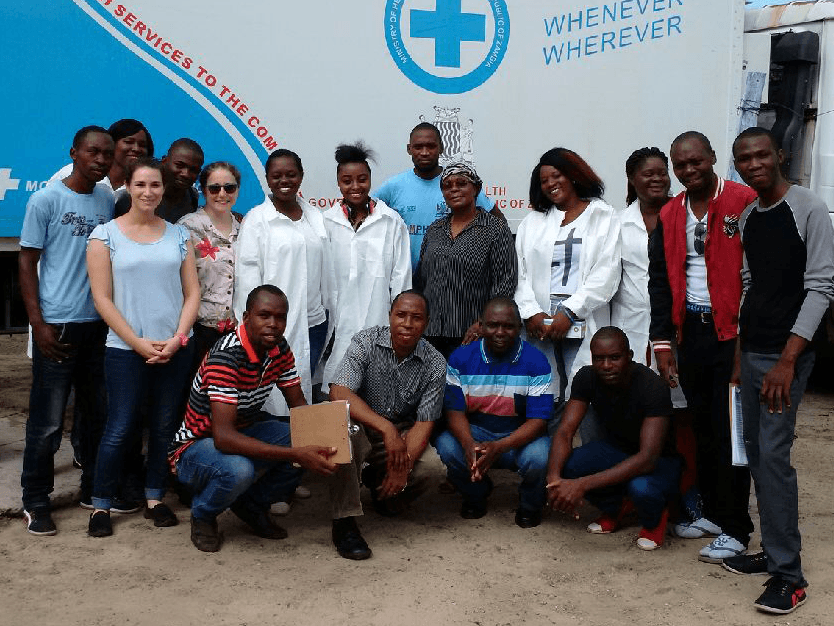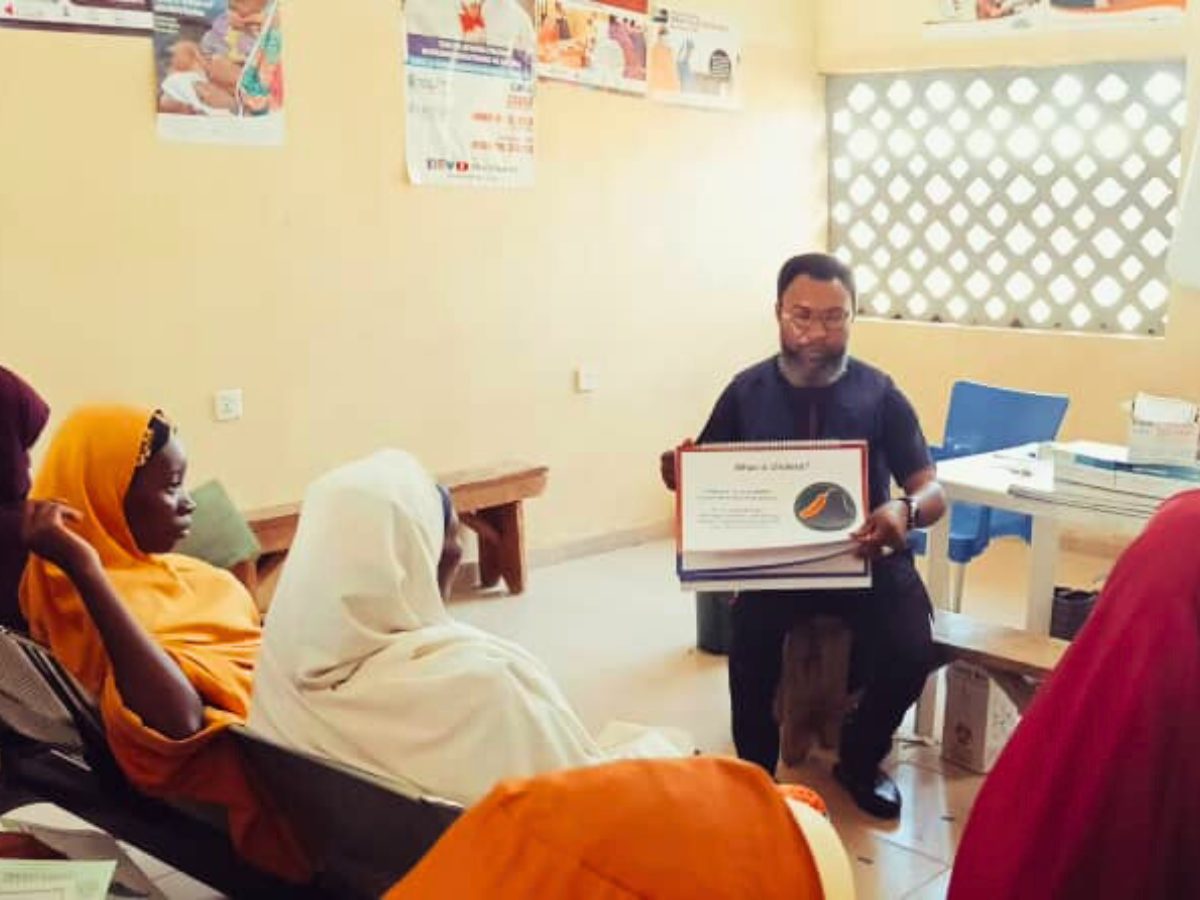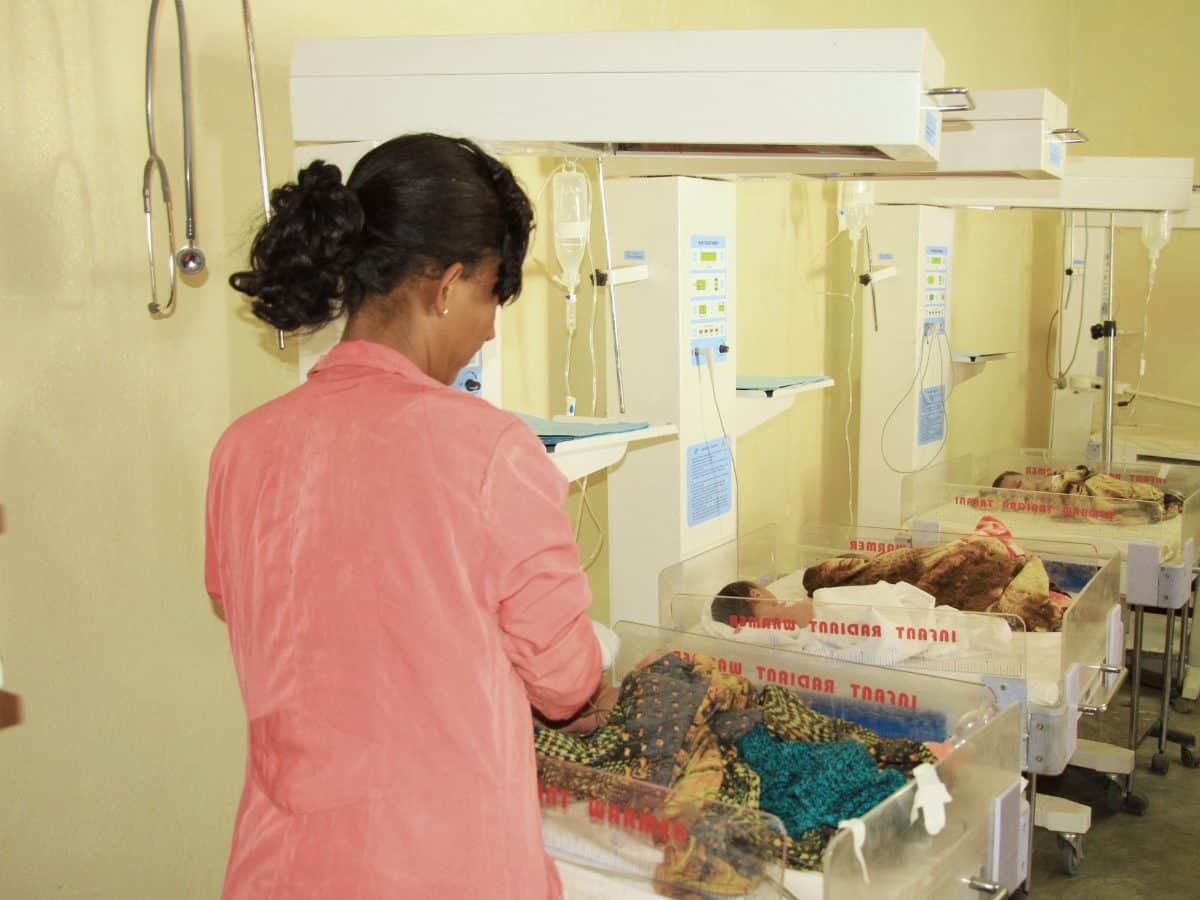UNAIDS has determined that engaging female sex workers (FSW), men who have sex with men (MSM), and people who inject drugs (PWID) in HIV prevention, care, and treatment is key to epidemic control. Every country planning public health efforts to reduce HIVinfection and transmission among these groups—and thereby in the population overall—must quantify the need for services and map where those needs are greatest. Unfortunately, the stigma attached to HIV in general, and to these key populations specifically, poses formidable barriers to accessing and utilizing HIV-related services.
With a new five-year award from the U.S. President’s Emergency Fund for AIDS Relief (PEPFAR) through the Centers for Disease Control and Prevention (CDC), ICAP at Columbia University will work with the Zambian Ministry of Health (MOH), the National AIDS Council of Zambia, and community-based organizations to strengthen Zambia’s disease surveillance systems in order to understand the HIV epidemic among these key populations. By conducting regular mapping and size estimations and integrated bio-behavioral surveys (IBBS), ICAP and its partners will gather data on HIV prevalence and risk behaviors, as well as the size and location of these key populations, to support strategic planning for increasing access and utilization of HIV-related services. In this effort, ICAPwill leverage its networks and experience building capacity in survey development and implementation from ZAMPHIA, the national Population-based HIV Impact Assessment (PHIA) survey completed in 2016.
Addressing the specific needs of populations at increased risk of HIV infection and transmission is essential to every country working towards meeting the UNAIDS 90-90-90 targets and eventually for epidemic control. The 90-90-90 targets state that by 2020, 90% of all people living with HIV will know their HIV status, 90% of all people with diagnosed HIV infection will receive sustained antiretroviral therapy, 90% of all people receiving antiretroviral therapy will have viral suppression.
“Engaging local stakeholders—including members of the key populations and organizations working with them—is essential to creating a sustainable system that will serve their needs,” said Maria Lahuerta, PhD, MPH, deputy director of ICAP’s strategic information unit. “Strong surveillance systems to understand the HIV epidemic among key populations are necessary to designing appropriate stigma-free HIV prevention and treatment services to meet their specific needs.”
In collaboration with stakeholders, ICAP will support the MOH technical working groups addressing the challenges of increasing service utilization among key populations. Developing national guidelines for key population services, surveillance protocols and tools, and a standard package of innovative models of service provision for key populations will aid in these efforts.
“An effective response to the HIV epidemic in Zambia hinges on targeted efforts to reach the populations most at risk,” said Prisca Kasonde, MD, MMed, MPH, country director for ICAP in Zambia. “As a nation, we are aiming to reduce new HIV infections, AIDS-related mortality, and HIV-related stigma and discrimination all by half. This is an ambitious goal, and we will be engaging partners and stakeholders at all levels in striving toward our dream of an HIV-free Zambia.”
For more information on ICAP’s programs in Zambia, click here.








